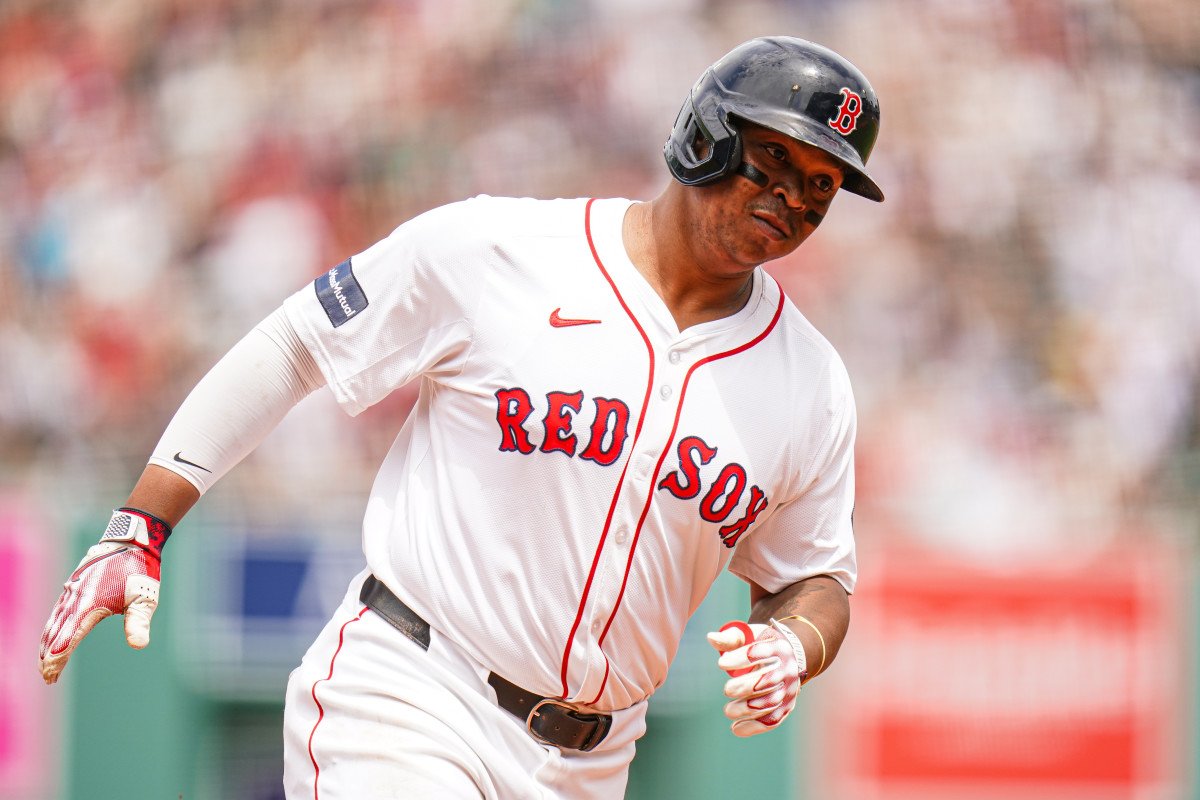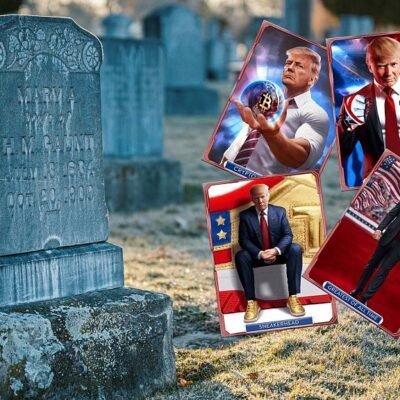MLB Insider Reveals Details Resulting in Red Sox Trading Rafael Devers originally appeared on Athlon Sports.
The Boston Red Sox’s decision to trade Rafael Devers will go down as one of the most controversial moves in baseball history.
Advertisement
While the San Francisco Giants will rejoice in the immediate impact of his bat, the trade’s actual outcome may take several years to unravel. Yet, the more revealed about what went wrong in Boston, the clearer it becomes as to why Devers felt disrespected.
The saga began during the winter when the Red Sox expressed interest in acquiring free agent Alex Bregman.
Inherently, adding Bregman to a lineup with Devers is a general manager’s dream. The problem was that Bregman and Devers played the same position. And Devers was reportedly assured that he would not be the one moving spots.
Fast forward to spring when Boston signed Bregman with the intention of him playing third base instead, and Devers’ relationship with the organization started to crack.

Boston Red Sox third baseman Rafael Devers (11) hits a two run home run against the San Diego Padres in the first inning at Fenway Park.David Butler II-Imagn Images
The distrust led to Devers reportedly refusing to play first base after Triston Casas suffered a season-ending injury. But now that Devers is planning to play the position for the Giants, what changed?
Advertisement
According to MassLive’s Chris Contillo, Devers would have been open to the position change in Boston had “the team communicated expectations for him more effectively.” Contillo adds that Devers was not unwilling to move positions but held a grudge for how the team treated him while pursuing Bregman in the winter.
“It’s not what you ask. It’s how you ask it,” a source close to Devers told Contillo.
When Boston’s chief baseball officer, Craig Breslow, approached Devers about playing first base, it made sense for the team. With Casas on the shelf, Devers could slide to first, making way for top prospect Roman Anthony’s promotion or, at least, freeing up space in the Red Sox’s crowded outfield.
However, Devers felt that he was “receiving mixed messages from different voices in the organization” and that there was a “disorganized approach to communicating expectations to their star player,” according to Contillo.
Advertisement
Trading Devers is a franchise-altering move that could pay off or backfire on the Red Sox. But knowing that if Boston had communicated clearly, they could have possibly salvaged an “untenable” relationship with their former highest-paid player.
Related: Rafael Devers Reflects on Controversial Trade from Red Sox
This story was originally reported by Athlon Sports on Jun 18, 2025, where it first appeared.




